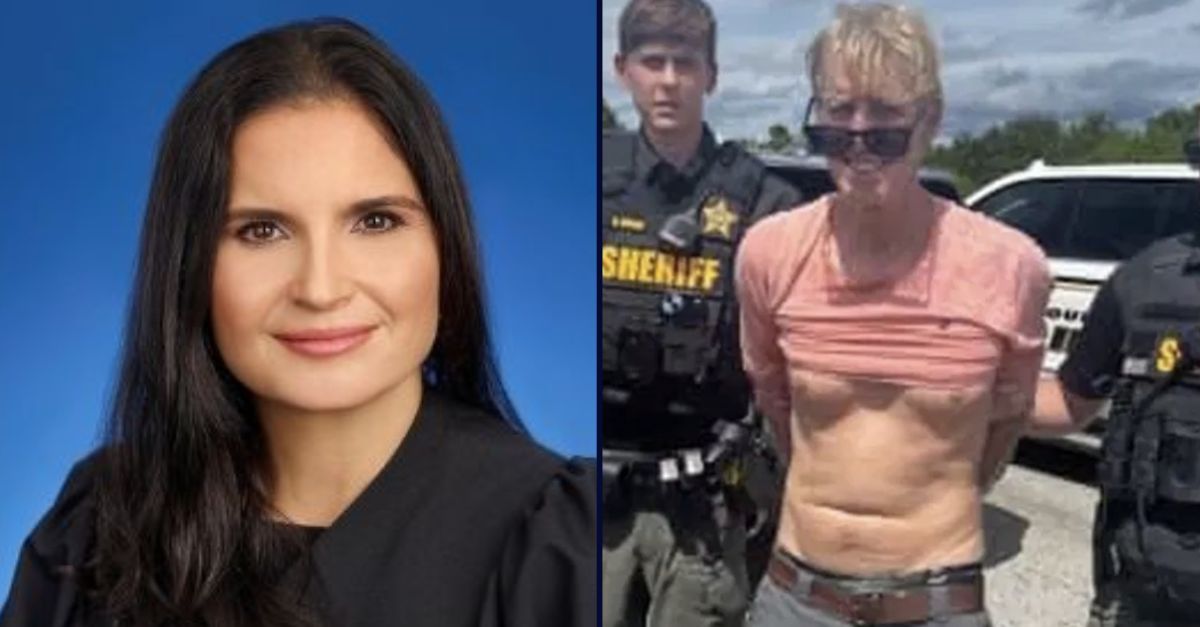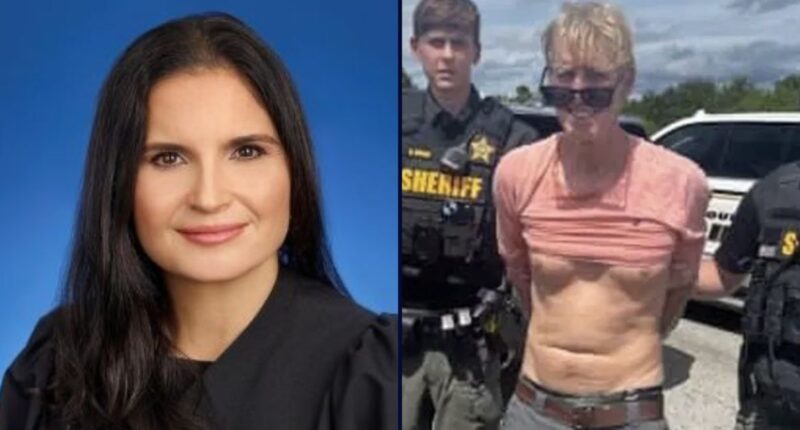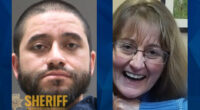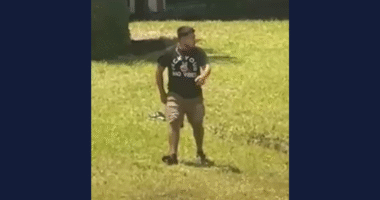
Left: Aileen M. Cannon serves at the U.S. District Court for the Southern District of Florida. On the right, Ryan Wesley Routh was apprehended by deputies in Florida on September 15, 2024, as confirmed by the Martin County Sheriff’s Office.
The federal judge overseeing the case of Ryan W. Routh — the man who attempted to assassinate Donald Trump at one of his Florida golf courses earlier this year — has agreed to push back the start of his trial, pointing to the “substantial” amount of discovery materials the case involves.
U.S. District Judge Aileen Cannon — a Trump appointee who presided over and dismissed the president-elect’s criminal case involving alleged mishandling of classified documents — on Monday granted Routh’s request for a trial continuation in part and agreed to move the start date from Feb. 10, 2025, to Sept. 8, 2025.
“Trial is set to begin during the two-week period commencing on September 8, 2025, in accordance with the schedule set forth below,” Cannon wrote in the seven-page order. “The Court finds that the interests of justice served by this continuance outweigh the best interest of the public and Defendant in a speedy trial and shall be excludable time under the Speedy Trial Act. The Court also finds that this continuance does not amount to ‘unreasonable delay’ under the Crime Victims’ Rights Act.”
Routh’s trial was first scheduled to begin last month before Cannon pushed the start date back by three months.
Attorneys representing Routh had requested a trial date “no earlier than December 2025,” claiming the February deadline was “incompatible with Mr. Routh’s due process rights.”
“The pace and quantity of discovery production, and the need to process disclosed materials into a usable form, prevent counsel at this time from providing a definitive estimate of the number of hours required for review,” Assistant Federal Public Defender Renee M. Sihvola wrote in the 18-page motion earlier this month. “What is clear, however, is that the diligent efforts of counsel will be insufficient to prepare a case of this magnitude for trial on February 10, 2025. Proceeding with the scheduled trial or anytime soon thereafter — on charges punishable by life imprisonment — would result in a miscarriage of justice.”
During a hearing earlier this month, Routh’s attorneys noted that part of the “extraordinary volume” of discovery included files sourced from 17 of Routh’s cellular phones, one other phone, and numerous other digital files. That discovery came from federal prosecutors and even more is believed to be on the way.
“I don’t have the resources of the FBI,” Militello said, during the hearing, according to Miami NBC affiliate WTVJ. “[It would] take a lawyer a year without sleep or vacation to review all the information in this case.”
Cannon on Monday said a continuance is warranted to accommodate “what both parties agree is substantial discovery in the case,” but found that the December request from Routh was “excessive given the facts and circumstances” of the case.
Prosecutors had pushed back on Routh’s continuance request, but Cannon ultimately decided that “erring on the side of additional time” was appropriate due to the “seriousness of the allegations” Routh is facing as well as the “statutory penalties upon conviction.”
Case history
Routh in September 2024 was arrested in Florida after a Secret Service agent allegedly spotted him with a rifle “in the exterior brush along the fence line near the 6th hole putting green” at the Trump International Golf Club as the former president golfed one hole behind. Authorities have said that the agent opened fire, leading Routh to flee the scene in a Nissan Xterra.
After Routh was caught, federal agents said they found a letter addressed to the “world” stating that “[t]his was an assassination attempt on Donald Trump but I am so sorry I failed you.” Investigators also said that Routh had been camped out for some 12 hours waiting for Trump to golf.
Routh was later indicted on charges of attempting to assassinate a major presidential candidate, assaulting a federal officer, being a felon in possession of a firearm, possessing a firearm with an obliterated serial number, and using a firearm in furtherance of a crime of violence.
Cannon’s assignment was not well received by Routh’s defense attorney, who in October demanded that she recuse herself from his case. Routh argued that Cannon’s appointment by Trump, her dismissal of the Mar-a-Lago case, Trump’s repeated praise of her as “brilliant” in public, and the “prospect” of a potential “promotion” to the U.S. Supreme Court all raised questions about whether she could be impartial in the attempted assassination case given her “relationship to the alleged victim.”
Routh later filed court documents questioning whether Cannon had truly been assigned the case at random
Federal prosecutors backed keeping Cannon on the case, saying that Routh failed to cite any legal authority requiring her recusal, offering little more than speculation without a “sufficient legal or factual basis[.]”
Cannon has similarly refused to step away from the case, saying that she is not required to do so.
“Defendant cites a series of factors which he believes, when viewed in their totality, create an appearance of partiality,” Cannon wrote in an October order responding to the recusal demand. “None warrants recusal, whether examined individually or together.”
After noting the fact that Trump appointing her to a lifetime judgeship does not by itself mean she needs to recuse herself (see: Trump v. Clinton), Cannon said she has “no control” over what Trump says about her, that she has “no ‘relationship to the alleged victim’ in any reasonable sense of the phrase” (since she’s never met him or spoken with him, “except in connection with his required presence at an official judicial proceeding, through counsel”), said the “prospect of a judicial promotion” is wholly “speculative,” and said that the Routh case was assigned to her randomly.












